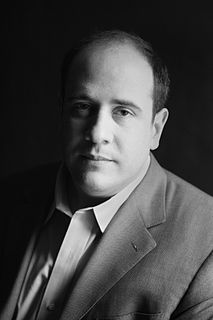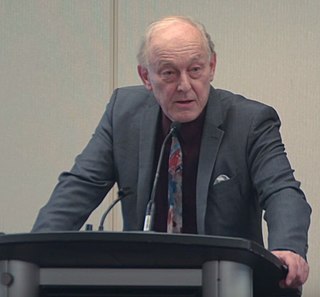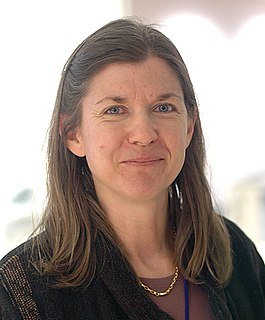A Quote by Terry Eagleton
The political currents that topped the global agenda in the late 20th century - revolutionary nationalism, feminism and ethnic struggle - place culture at their heart.
Related Quotes
In order for me to engage in a revolutionary struggle for collective Black self-determination, I have to engage feminism because that becomes the vehicle by which I project myself as a female into the heart of the struggle, but the heart of the struggle does not begin with feminism. It begins with an understanding of domination and with a critique of domination in all its forms.
In the 19th century it was basically nationality and people trying to define their nationalism and create states which would reflect their nationalism. In the 20th century, ideology came to the fore, largely, but not exclusively, as a result of the Russian Revolution and we have fascism, communism and liberal democracy competing with each other. Well that's pretty much over.
In brief, nationalism is a theory of political legitimacy, which requires the ethnic boundaries should not be cut across political ones, and, in particular, that ethnic boundaries within a given state a contingency already formally excluded by the principle in its general formulation should not separate the power holders from the rest.
If you look at that incredible burst of fantastic characters that emerged in the late 19th century/early 20th century, you can see so many of the fears and hopes of those times embedded in those characters. Even in throwaway bits of contemporary culture you can often find some penetrating insights into the real world around us.
New Age values are conscious evolution, a non-sectarian society, a non-military culture, global sharing, healing the environment, sustainable economies, self-determination, social justice, economic empowerment of the poor, love, compassion in action, going beyond religious fundamentalism, going beyond nationalism-extreme nationalism, culture.
New Age values are conscious evolution, a non-sectarian society, a non-military culture, global sharing, healing the environment, sustainable economies, self-determinat ion, social justice, economic empowerment of the poor, love, compassion in action, going beyond religious fundamentalism, going beyond nationalism/ extreme nationalism culture.

































